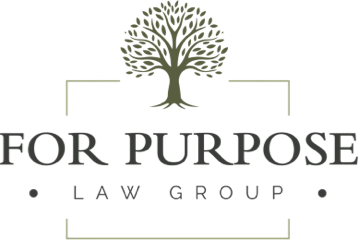Nonprofit Startup & Tax-Exempt Status
Legal Counsel to Launch Your Mission with Confidence
Starting a nonprofit is a bold and meaningful step—but it’s also a legal one. At For Purpose Law Group (FPLG), we work with founders, boards, and social entrepreneurs to ensure their new organizations are built on a strong legal foundation from day one. Our Nonprofit Startup & Tax-Exempt Status practice helps you form your nonprofit, structure it properly, and obtain recognition of exemption from the IRS—so you can lead with purpose and grow with confidence.
From incorporating in your state to filing the relevant application with the IRS, our attorneys guide you through every step of the process with precision, clarity, and mission-aligned legal support. FPLG regularly assists founders, boards, and philanthropic leaders with nonprofit formation and tax-exempt recognition—and in many cases, we offer these services on a reasonable flat-fee basis to provide cost certainty and make launching your mission-driven organization as strategic and accessible as possible.
Formation and Exemption of 501(c)(3) Public Charities
Public charities are the most common and widely-recognized type of nonprofit—and the most highly regulated. At FPLG, we help founders of 501(c)(3) public charities form their entities correctly, prepare compliant bylaws, adopt essential governance policies, and file for IRS tax-exempt status using Form 1023 or 1023-EZ.
We counsel on key issues like charitable purpose, private benefit, board structure, compensation, and public support tests. Whether your organization is launching programs, offering services, or raising funds through grants and donations, we ensure your formation documents and exemption application meet all legal requirements and position your charity for long-term success.
Formation and Exemption of 501(c)(3) Private Foundations
Private foundations, often created by individuals, families, or corporations, are subject to a unique set of federal rules. FPLG assists with formation, tax-exempt recognition, and ongoing legal strategy for private foundations across the country.
We handle the preparation of organizing documents, IRS Form 1023 filings, and foundation-specific compliance planning—including excise tax issues, self-dealing rules, distribution requirements, and donor involvement. Our team provides thoughtful, tailored legal guidance to ensure your foundation is built for long-term impact and regulatory compliance.
Formation and Exemption of 501(c)(4) Social Welfare Organizations
501(c)(4) social welfare organizations offer a unique opportunity for nonprofits engaged in advocacy and issue-based work. These organizations can engage in lobbying and limited political activity while remaining tax-exempt, though contributions are generally not tax-deductible.
FPLG advises social impact leaders and grassroots organizers on forming 501(c)(4) organizations, drafting compliant bylaws, and filing IRS Form 1024-A. We help clients navigate the complex regulatory landscape that applies to (c)(4)s, including permissible lobbying activity, donor disclosure issues, and compliance with federal and state campaign finance laws when applicable.
Whether you’re launching an advocacy campaign, a civic engagement initiative, or a companion entity to an existing 501(c)(3), we’ll help you structure it for compliance, strategy, and staying power.
Formation and Exemption of Other 501(c) Organizations
FPLG also works with clients to form and secure tax-exempt status for a range of other nonprofit entity types, including 501(c)(6) business leagues, 501(c)(7) social and recreational clubs, and other specialized classifications. We guide clients through entity formation, IRS Form 1024 filings, and the unique compliance requirements tied to member benefits, dues collection, event-based income, and lobbying activities. Our attorneys ensure that your chosen tax-exempt structure supports your goals while keeping you compliant with federal and state law.
These types of organizations serve distinct roles—from trade associations and chambers of commerce to alumni groups, athletic clubs, and mutual benefit organizations. We help founders understand the limitations and opportunities specific to each 501(c) category, structure their operations accordingly, and build governance practices that reflect both compliance obligations and long-term sustainability.


